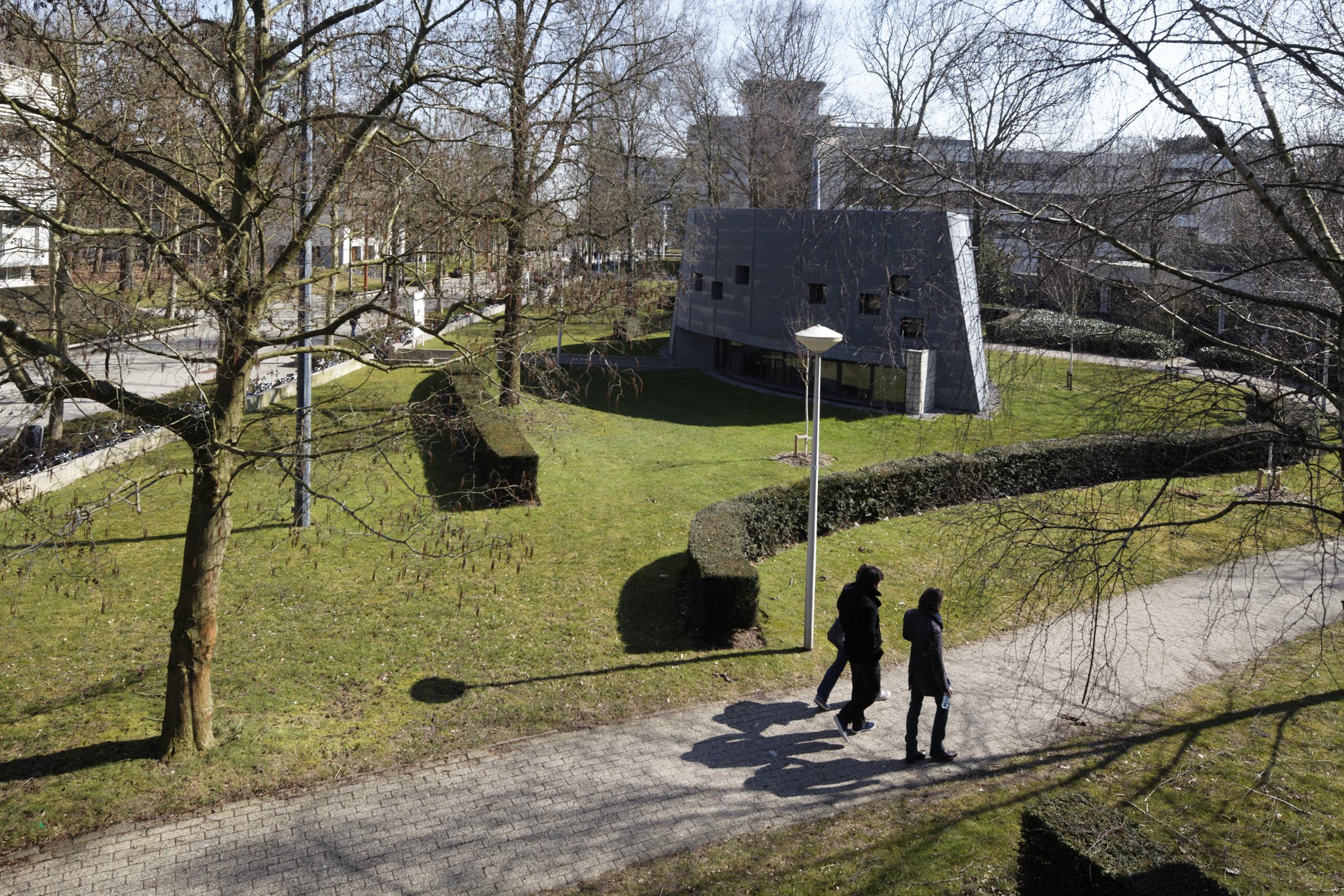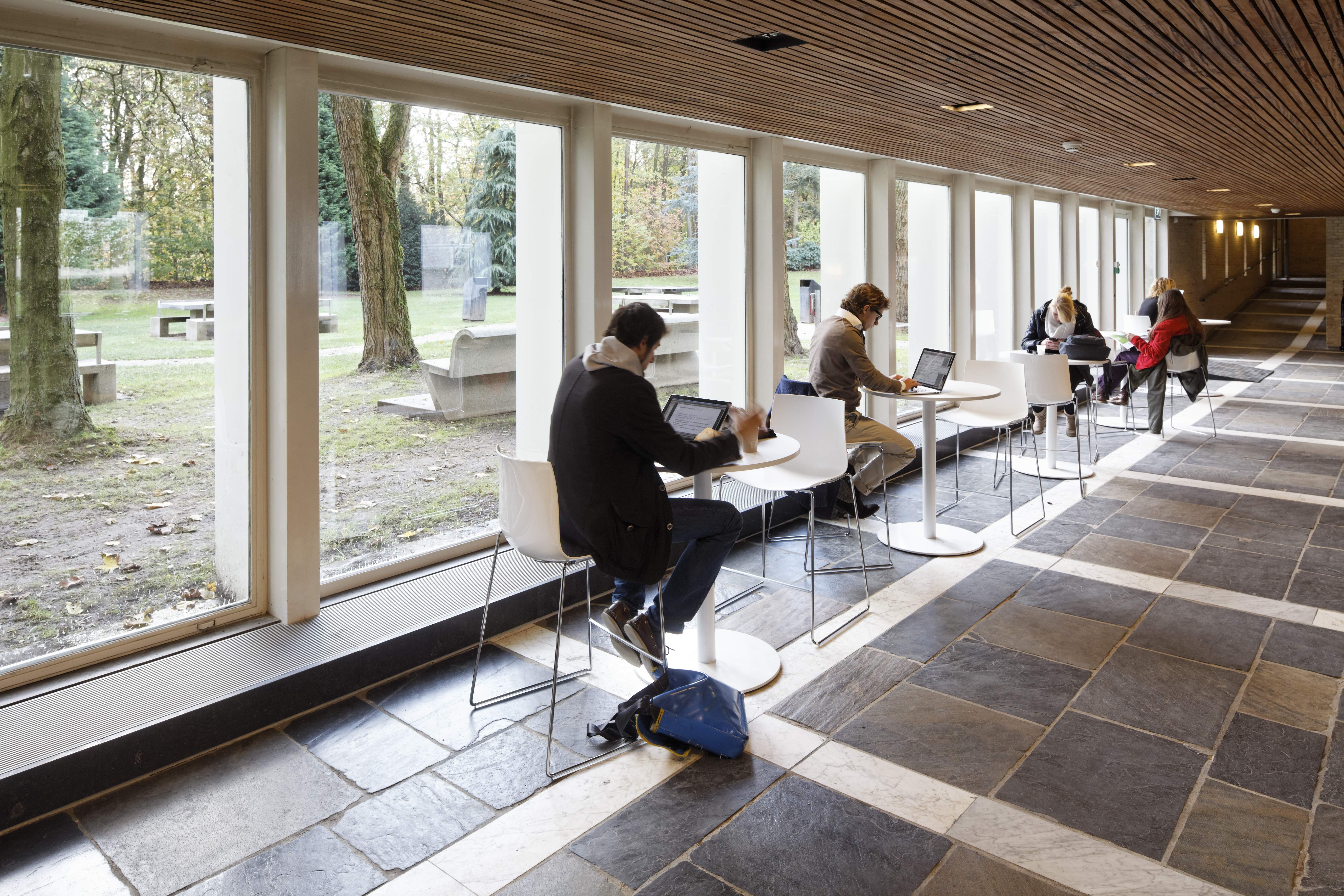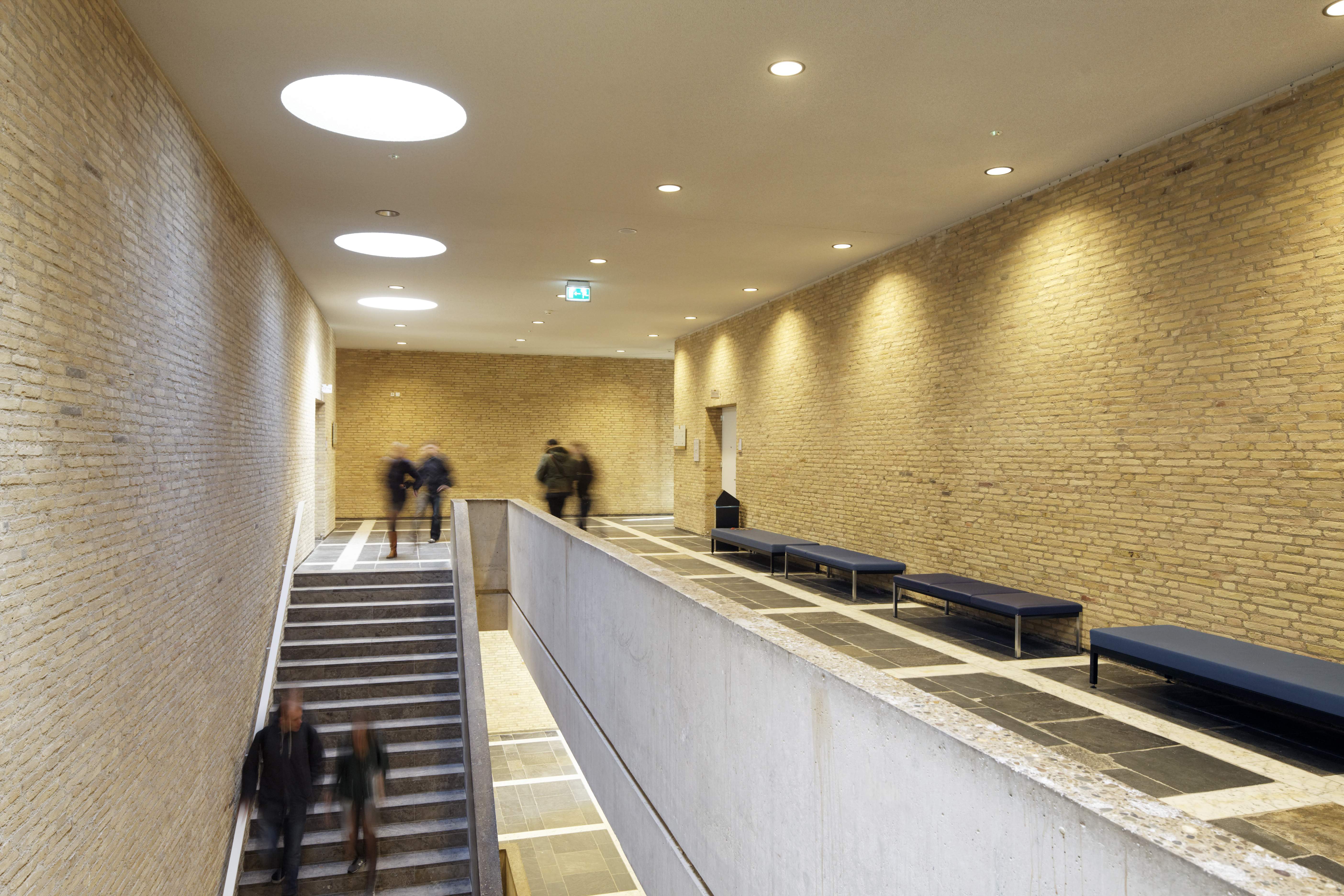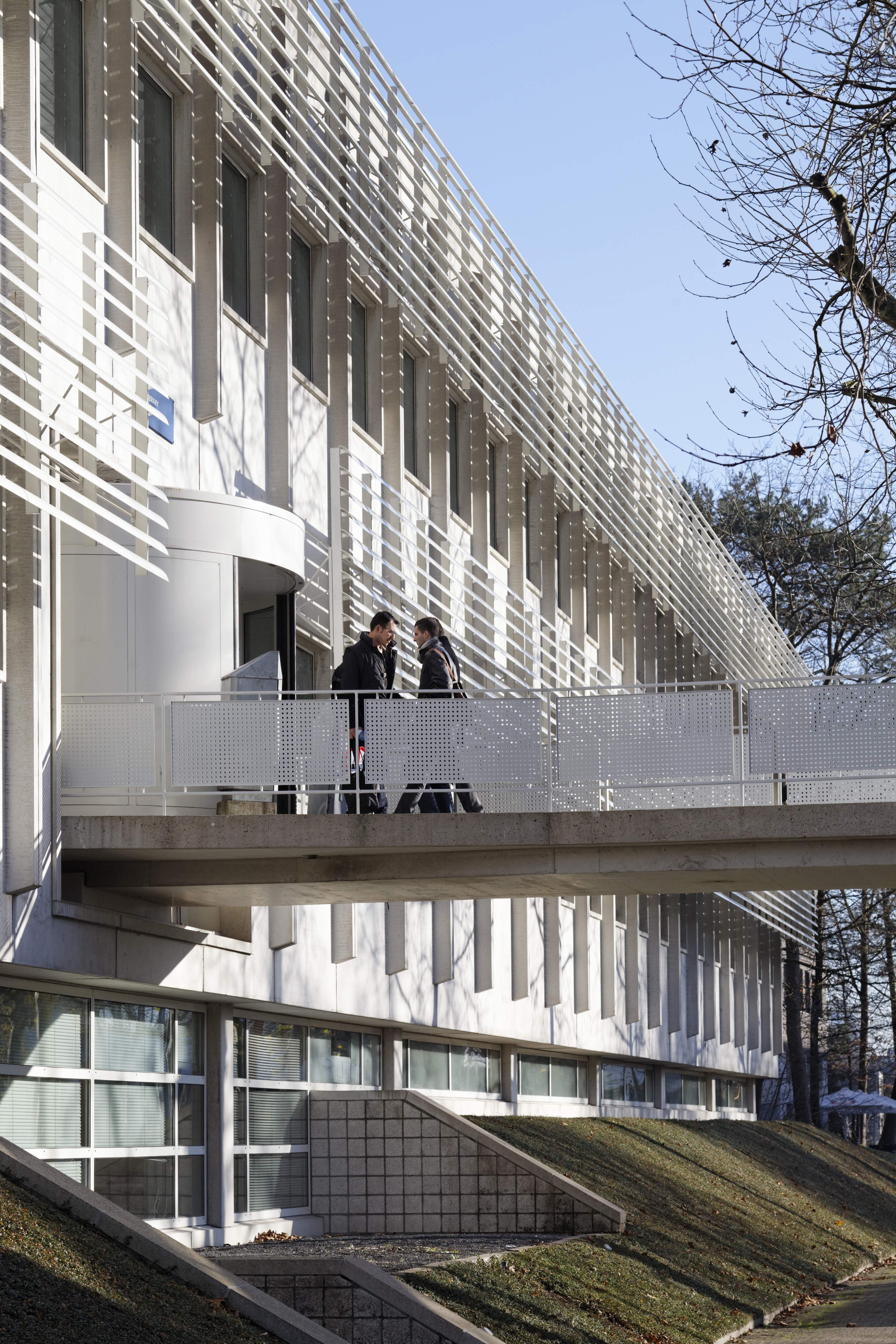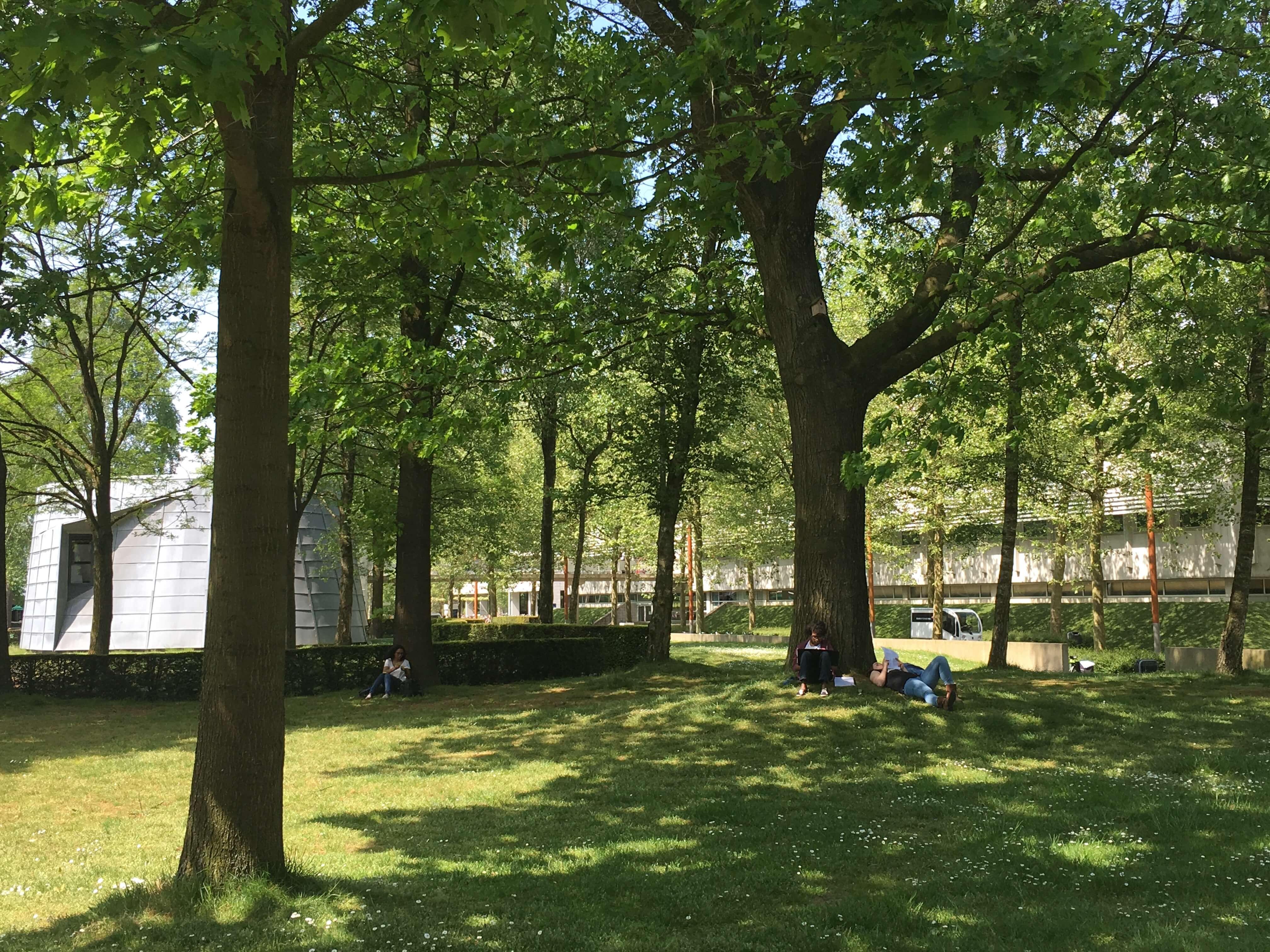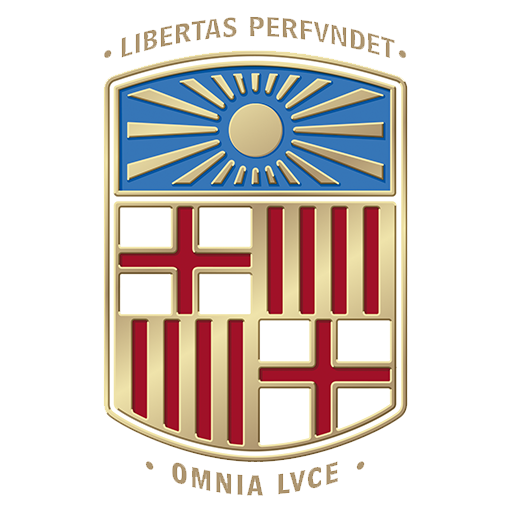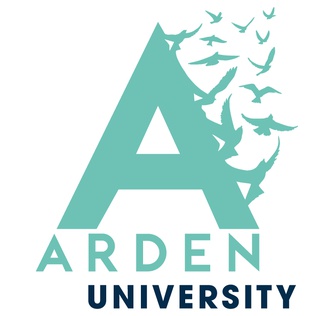Program content
Block 1: August - October
Developmental Neuropsychology
Study pediatric neuropsychology from pregnancy to adolescence. You will focus on neurodevelopmental disorders in relation to normal brain development and their impact on cognitive, emotional, behavioral, academic, social and family functioning.
You will learn about topics such as language disorders, intellectual disabilities and giftedness, ADHD and autism, and epilepsy
Assessment for Cognitive Neuropsychology
Learn to perform a complete neuropsychological assessment from a scientist-practitioner perspective. You will learn how to develop an anamnesis and gain insights into the use of different instruments to assess attention, memory, language, processing speed, visuoperceptual skills and executive functions. Finally, you will learn how to interpret and integrate your assessment results, formulate a conclusion, and give advice for treatment.
Optional: diagnostic certificate NIP (BAPD)
Internship
Master's thesis
Block 2: October - December
Neuropsychology of Aging
Study normal and pathological age-related changes in cognition, behavior and the brain and thereby learn to differentiate between normal age-related changes, and neurodegenerative disorders. You will study topics such as Alzheimer's, Parkinson's disease and Cerebrovascular diseases.
Assessment for Cognitive Neuropsychology
Learn to perform a complete neuropsychological assessment from a scientist-practitioner perspective. You will learn how to develop an anamnesis and gain insights into the use of different instruments to assess attention, memory, language, processing speed, visuoperceptual skills and executive functions. Finally, you will learn how to interpret and integrate your assessment results, formulate a conclusion, and give advice for treatment.
Optional: diagnostic certificate NIP (BAPD)
Internship
Master's thesis
Block 3 and 4: January - July
Neuropsychological Rehabilitation
Internship
Master's thesis
Internship
The internship is mandatory and consists of 18 ECTS, which is equivalent to about 504 hours of internship. There is room for flexibility; some students start the internship in September and others in February; and some students do their internship three days per week while others do it four days per week.
You will get a basic understanding of the practical work of a cognitive neuropsychologist.
You will learn to apply ethical and normative standards in your work and interaction with colleagues and clients.
Internship possibilities
You can do an external internship in a health care organization or an internal internship at Tilburg University.
External Internship
Your internship takes place in health care organizations. For example, in rehabilitation services dealing with patients with acquired brain damage, or care organizations helping people with autism, or elderly homes that help people with dementia. In sum, you will work for an institution that cares for patients with neuropsychological disorders and complaints.
Finding a place for your internship is your responsibility, and it is important to start looking for an internship early, i.e. before the Master's program begins. To support you during your search, we will organize several informative sessions about the content of the internship and tips for finding a place. These informative sessions will be organized from February to March.
You can register for one of these information meetings by emailing the internship coordinators ([email protected]). You'll receive all the necessary information in an email.
If you're unable to attend one of the information sessions, please send us an email, and we'll set up a meeting to discuss all the information about the internship you need ([email protected]).
If you want to do an external internship, you must submit the information about the internship place to the internship coordinator for approval ([email protected]).
In consultation with the internship coordinators, it may be possible to do an external internship abroad. If you would like to do an internship abroad, please send an email to: [email protected].
Internal Internship
During the internal internship, you work in the neuropsychological laboratory at Tilburg University. In this laboratory, biological measurements are constantly collected in a variety of patients across the life span, ranging from infants to elderly, in order to enhance clinical understanding, diagnosis and treatment. You will acquire knowledge and skills about electrophysiological measurements, and how they can be used in neuropsychological assessments for clinical purposes (like autism, ADHD, schizophrenia, traumatic brain injury, brain tumors). You will become experienced with assessments and the design of neuropsychological interventions. The program offers tailor-made arrangements, so you can focus on your personal interests.
This internship is suitable for Dutch and international students, but note that the internal internship does not meet the requirements to obtain the LOGO and BAPD certificates.
BAPD and LOGO requirements
In order to work as a basic psychologist in the GGZ or Forensic Care after your Master's degree in Psychology and Mental Health (track Cognitive Neuropsychology), it is mandatory (as of July 1, 2023) to have a LOGO certificate in addition to your Master's degree. You will also need this LOGO statement if you want to study to become a GZ psychologist or psychotherapist in the Netherlands.
For the LOGO statement, evidence of prior education (Verklaring Vooropleidingseisen) and diagnostics (BAPD aantekening) is required. It is possible to obtain these statements at the end of the Master's program, but only if you meet the requirements, which are not only based on the courses in this Master, but also in the courses you took during your Bachelor's program. The clinical internship must meet de requirements set for it. This requires an additional time investment of 240 hours in the internship.
Please note that admission to the Master's program does not mean that you automatically meet the requirements above. Consult the information on the website.
Master’s thesis
In your second, third and final block, you will write your Master's thesis, guided by a supervisor. You will start by selecting a thesis topic, in consultation with your supervisor. In the first phase of writing your thesis (second block), you will write your research proposal. In the second phase (third and fourth blocks), you will collect the data and write your thesis.
Examples of thesis subjects
Sensory integration in children with autism
Resting state EEG connectivity in children with ADHD
Impact of maternal behavior and anxiety on mother-infant neural synchrony
Stress and working and episodic memory in stroke patients
Emotion recognition and executive functioning in multiple sclerosis
MRI on text-based auditory recalibration in people with dyslexia
Cognitive performance and coping in patients with somatic symptoms and related disorders
Cognitive training in Alzheimer’s dementia
The use of neurofeedback to slow down cognitive decline
Watch a trial lecture
Do you want to experience what a lecture of this Master's program is like? Watch the recording of a lecture and get an impression what to expect.
Show less

